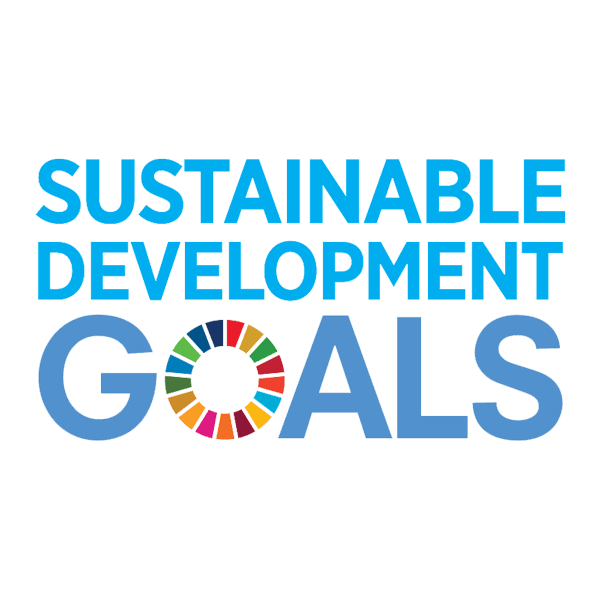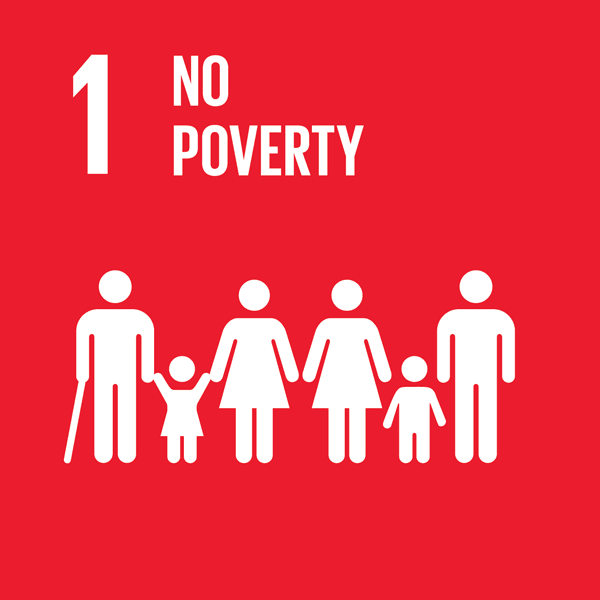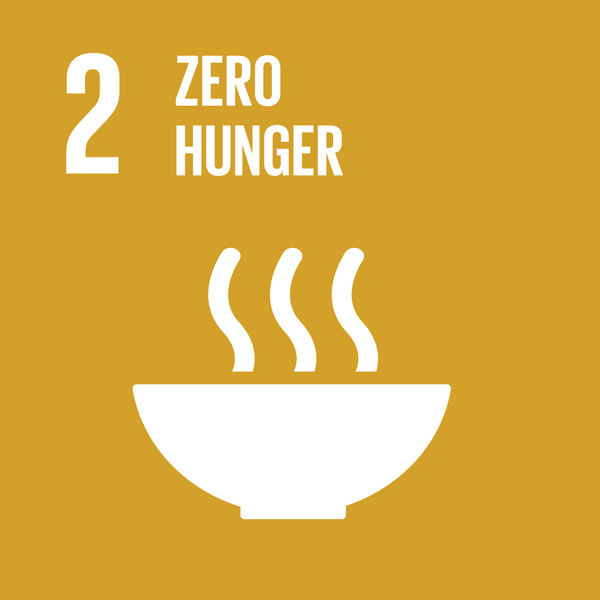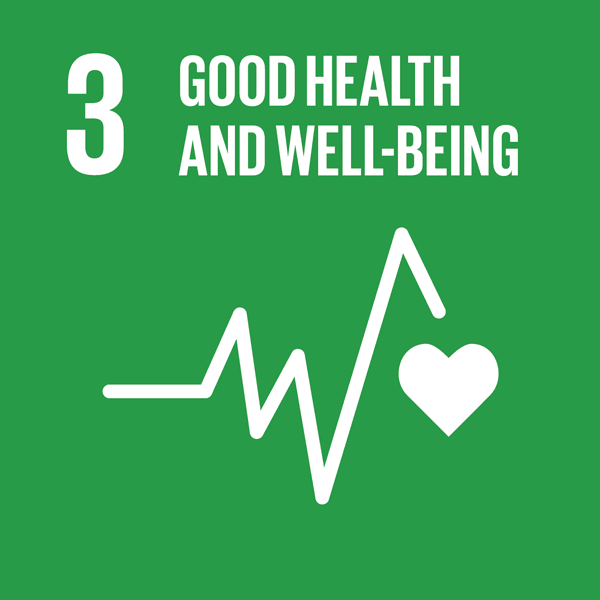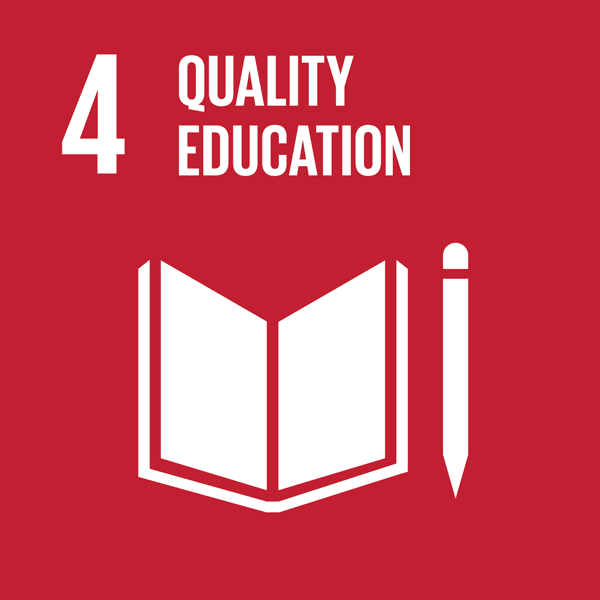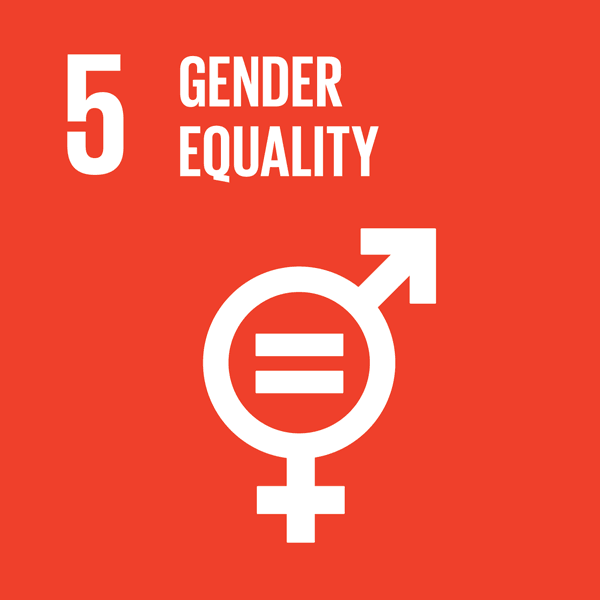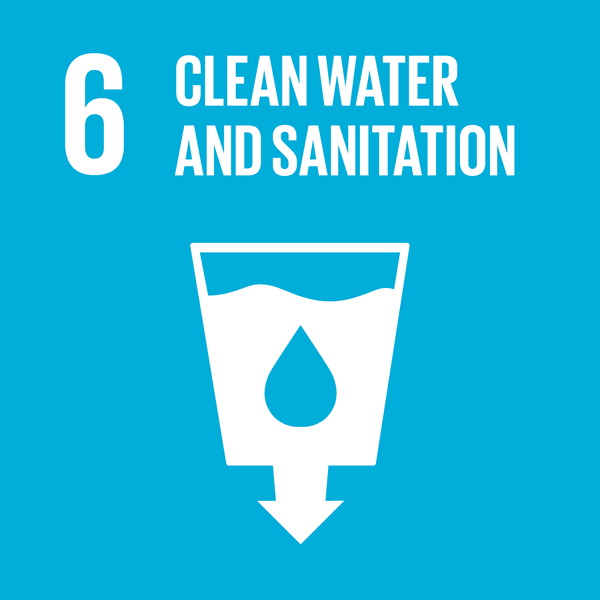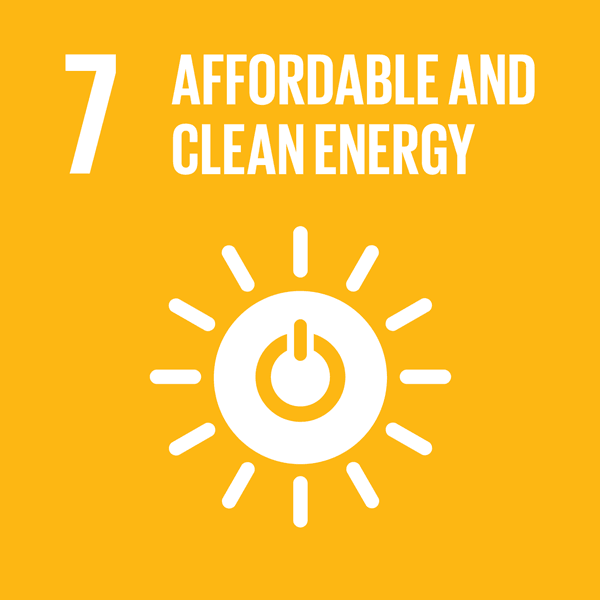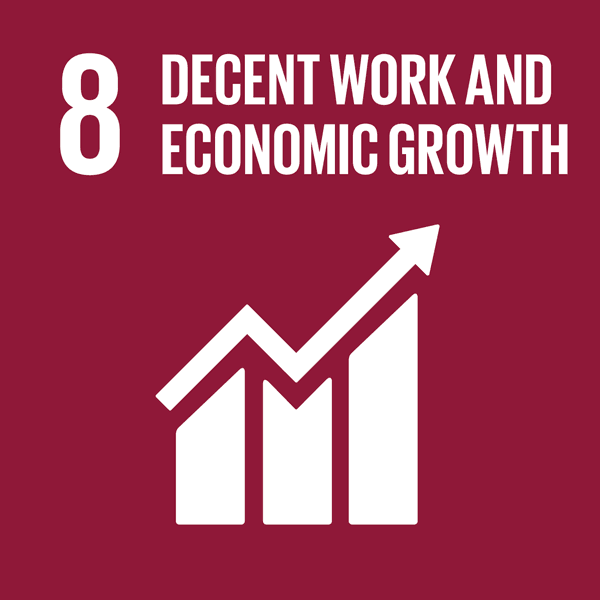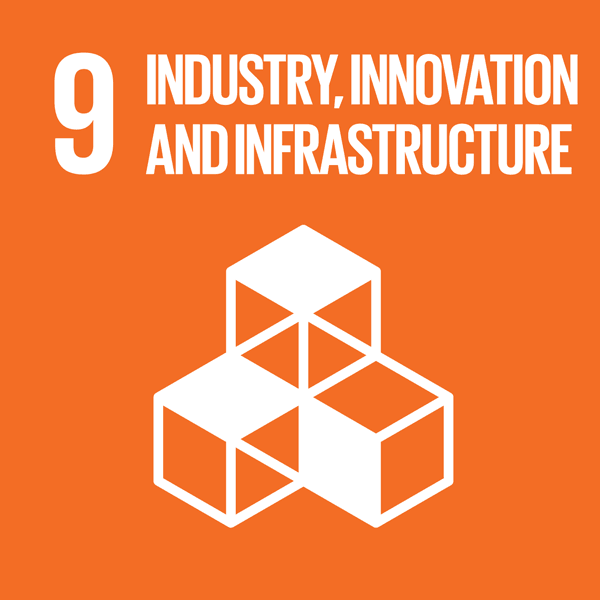SDG
10
Reduced Inequalities

Goal 10: Reduced Inequalities
Reduce inequality within and among countries
Sustainable Development Goal 10 (SDG 10) aims to reduce inequality within and among countries. This goal is essential for creating a more just and inclusive world, promoting social and economic inclusion for all. At ISO, we are committed to supporting SDG 10 through our standards, which provide frameworks and solutions that promote equal opportunities, fair practices, and inclusive economic growth.
How ISO Standards Support SDG 10
ISO standards play a vital role in supporting SDG 10 by addressing key aspects of social and economic inclusion. Our standards help organizations implement fair practices, promote diversity and inclusion, and ensure equal access to opportunities. Here are some of the relevant standards:
ISO 26000: Guidance on social responsibility
- Provides guidance on how organizations can operate in a socially responsible way, including principles and practices related to human rights and fair operating practices.
- Helps organizations address discrimination and promote equal opportunities, contributing to the reduction of inequalities in the workplace and society.
ISO 30415: Human resource management — Diversity and inclusion
- Provides guidelines for organizations to create and promote diversity and inclusion in the workplace.
- Supports the development of inclusive work environments that value and leverage diversity, contributing to reduced inequalities and enhanced social inclusion.
Take Action: Implement ISO Standards to Support SDG 10
Interested in learning how your organization can contribute to reducing inequalities through the implementation of ISO standards? Download our comprehensive guide to understand the role of ISO standards in achieving SDG 10 and other global goals. Together, we can work towards a more equitable and inclusive world for all.
